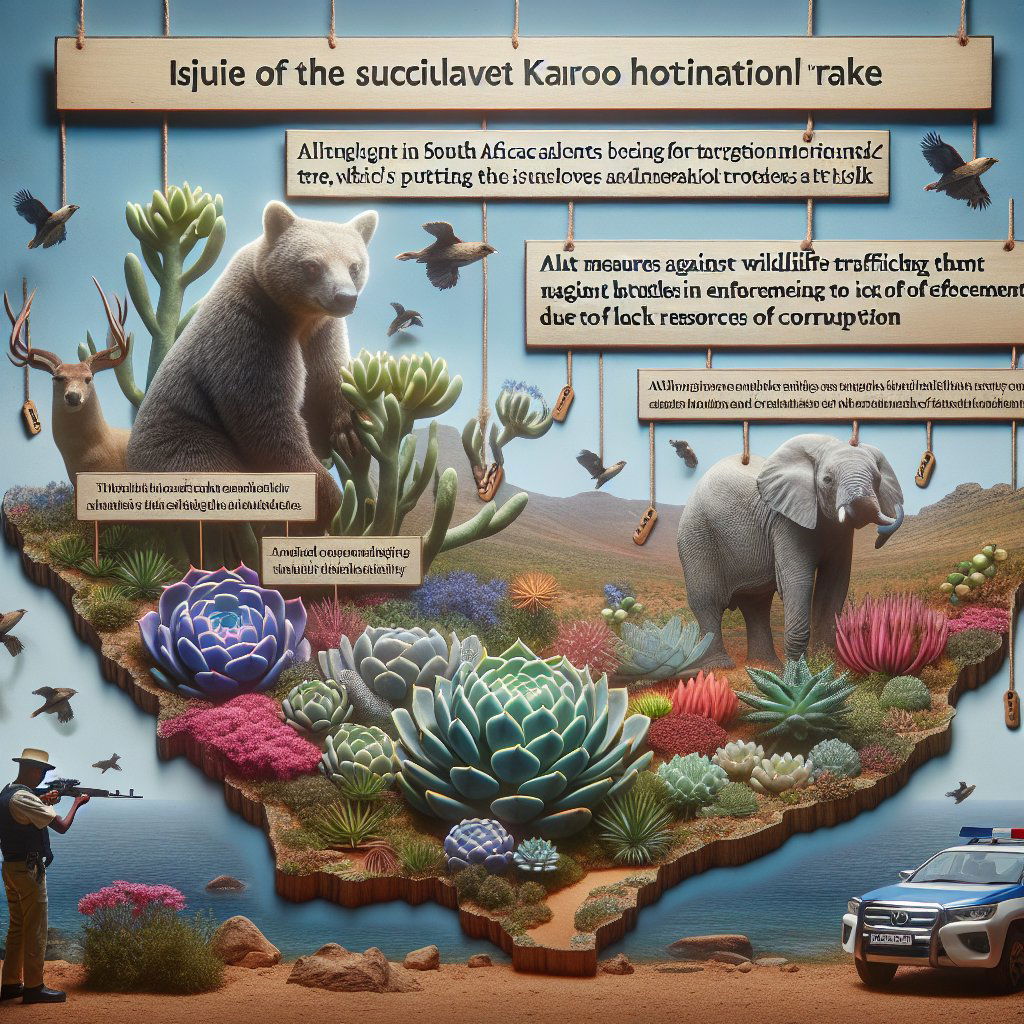Image: AI generated for illustration purposes
South Africa's Succulent Smuggling Crisis: A Complex Battle Against Illegal Trade
South Africa's Succulent Karoo region, encompassing parts of the Northern and Western Cape provinces, is battling an escalating crisis. The demand for these biodiverse and visually spectacular succulents has sparked an international underground market. Prestigious collectors across the globe, desiring unique and ancient plants such as the 110-year-old specimens recently smuggled out of Cape Town, demonstrate the allure and the resulting threat to these indigenous treasures.
As a recognized biodiversity hotspot, the Succulent Karoo harbors species that are often not found anywhere else on the planet. Specimens range from the minuscule, barely perceptible to the human eye, to alias of the plant kingdom, distinguished by their novel physiognomies and stunning blooms. Their rareness has not only caught the attention of law-abiding horticulturists and conservationists but also poachers and illicit international trade networks. These networks notably bridge other illegal markets, from drug trafficking to wildlife poaching.
In response to the perilous state of the species' survival, South Africa has implemented a national strategy to counteract unlawful succulent trading. This extensive initiative not just focuses on the protection of flora but also seeks to address the socio-economic drivers fueling the illegal market. While these efforts have led to advancements like establishment of care procedures for seized plants and awareness campaigns, challenges persist. The vast ranges these plants inhabit, the sophisticated nature of trafficking, and resource scarcity profoundly complicate enforcement.
A collaborative response from both the public and private sectors is indispensable to address these challenges. Insights from the Enact organized crime researchers underscore the urgency of increasing cooperation between state and non-state players. Fostering such partnerships is proving crucial for tackling wildlife crimes effectively and attaining sustainable conservation.
The impacts of illegal trade ripple through the legal market too, as South African nurseries report diminished sales, mirroring the fears and damages linked with the illicit industry. Consequently, as part of the country's wildlife trafficking strategy, greater international collaboration is deemed necessary. This approach aims to dismantle the far-reaching syndicates beyond national borders while preserving the indigenous succulent varieties.
Despite the complexity and global nature of the problem, the South African strategy emphasizes a holistic approach. This comprehensive plan not only targets law enforcement and security but also integrates community engagement, boosting capacity in plant-related law enforcement, and fostering economic development within the Succulent Karoo. However, disparities in national and provincial legislation and jurisdictional shortcomings instigate frequent hindrances, leaving at-risk species vulnerable and legal enforcement in limbo.
Simultaneously, succulents confiscated from the illegal trade overwhelm responders due to inadequate facilities and care staffing issues. This dilemma is further exacerbated by corruption within law enforcement, particularly noted in the Northern Cape, placing a disproportionate responsibility on Western Cape stakeholders.
To ameliorate these pressing issues, strategic allocation of resources is essential. Both national and provincial governments, including private funders, should invest in the strategy’s implementation. Prevention, protection, and long-term cooperative efforts are key elements suggested for safeguarding succulents. These actions speak to the need for cohesive legislation across jurisdictions, comprehensive research on the transnational elements of the illegal market, and fortified international cooperation in dismantling these organized crime networks.
The multipronged response required involves a coalition of governmental bodies, non-profits, local communities, international partners, and the private sector, all pooling their strengths to protect South Africa’s succulent species. As this complex network unites to tackle the sophisticated criminal chains, the hope for the survival and prosperity of the Succulent Karoo’s diverse flora remains resilient.










